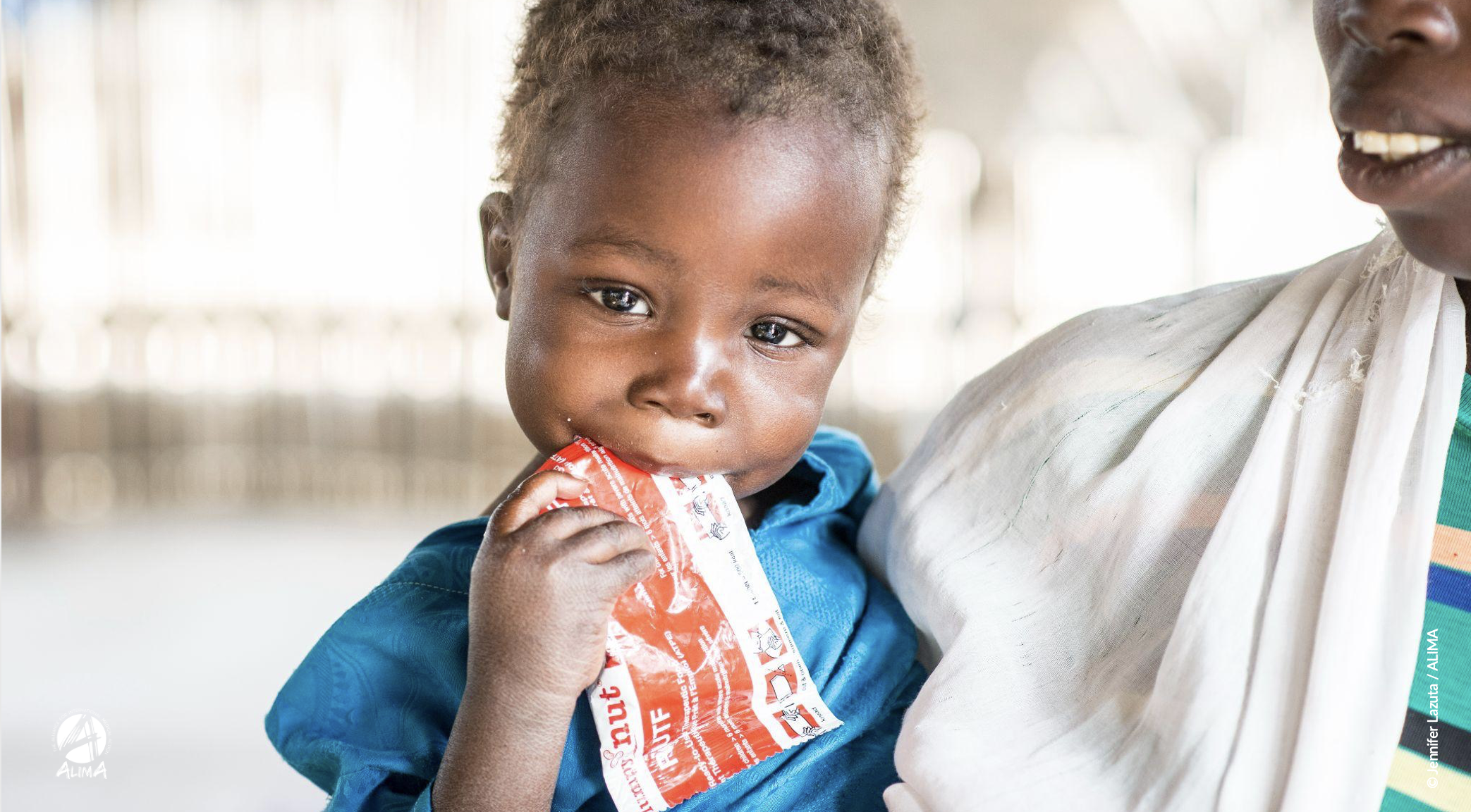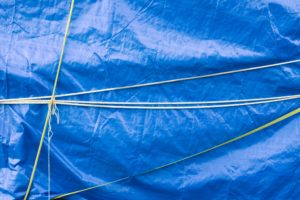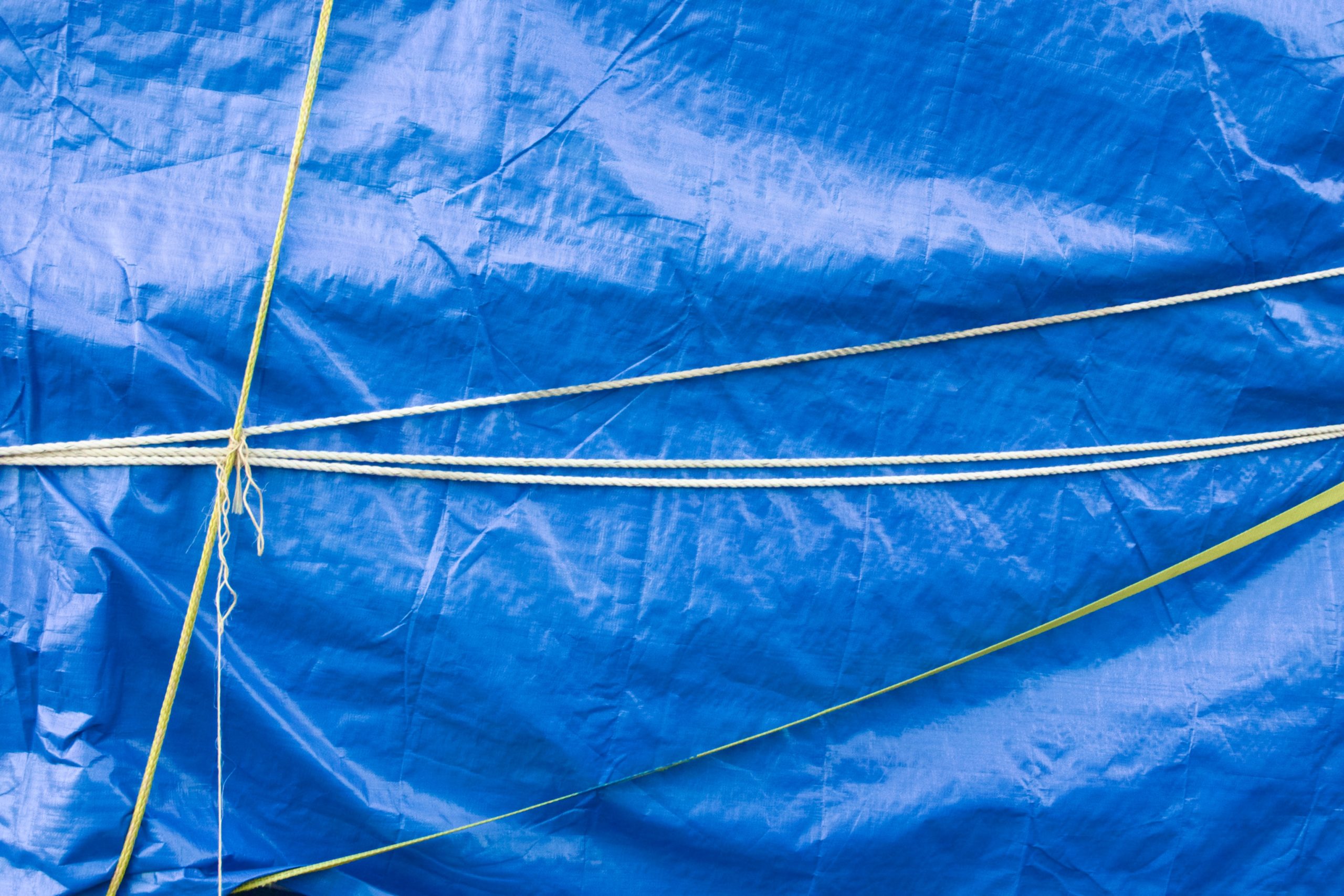Link
About the project
The International Committee of the Red Cross, the Climate Action Accelerator and two departments of the Swiss Federal Institute of Technology, the EssentialTech Centre and the Laboratory of Environmental and Urban Economics teamed up to conduct and openly share the life cycle assessments of some of the most sourced items in the humanitarian sector. The project was supported with scientific advice by high-level expert Damien Friot.
By sharing these results, the project team would like to make available knowledge about key levers to reduce the impact on climate change, human health and plastic pollution in an open source manner. This will allow organisations to make progress on sustainable sourcing, focus on most impactful actions, and start engaging with their suppliers to implement these changes. By improving emission factors and adapting them to the realities of the humanitarian sector, the project also contributes to improving the carbon footprint measurement of the sector.
Find out more
LCAs

Plastic Floor Mats

Jerrycans vs Buckets

Coveralls

Type I Face Masks

High-thermal Synthetic Blanket

Hygiene Kits

Mosquito Nets LLINs

Plastic Mattress

Soap Bars

Hygienic pads

Ready-to-Use Therapeutic Food (RUTF)

Solar lamps
External (life cycle) assessments
Food packaging
C. Manceau, and A. El-Zoubi, ‘Streamlined life cycle assessment of the world food programme food packaging‘, World Food Programme, 2024, Available here, (accessed 30 April 2025).
10 health products
UNITAID, ‘From milligrams to megatons: A climate and nature assessment of ten key health products‘, 2023, Available here, (accessed 30 April 2025).
Tarpaulin
ICRC, IFRC and UNHCR, ‘Eco-design Tarpaulin Project 2021-2023‘, 2022, Available here, (accessed 30 April 2025).
Mosquito nets
UNHCR, ‘Greening opportunities for Mosquito Nets‘, 2024, Available here, (accessed 30 April 2025).
CSB++
Center for Humanitarian Logistics and Regional Development (CHORD), ‘A data-driven study on the environmental performance CSB++, December 2022‘, 2022, Available here, (accessed 11 December 2023)
Refugee housing
M. Dabaieh et al., ‘A life cycle assessment of a “minus carbon” refugee house: global warming potential and sensitivity analysis‘, Archnet-IJAR: International Journal of Architectural Research, 2020, Available here, (accessed 30 April 2025).
Drinking water containers
R. Handler, R. Roy, and J. Pearce, ‘Environmental Life Cycle Analysis of Manufacturing Options for Humanitarian Supplies: Drinking water containers‘, Research Square, 2023, Available here, (accessed 30 April 2025).
Water treatment and supply
K.B. Klara, ‘Measuring environmental impact in humanitarian operations: A case study of an emergency response unit for water treatment and supply from a life cycle perspective‘, KTH, 2020, Available here, (accessed 19 December 2023).
Eight priority products for humanitarian field hospital settings
S. Joseph, B. Huempel, and M. Besiou, ‘LCA for bio-based solutions‘, zenodo, 2024, Available here, (accessed 30 April 2025).
Comparison of hazardous waste management methods in humanitarian field hospital settings
S. Joseph, B. Huempel, and M. Besiou, ‘LCA of waste treatments’, zenodo, 2024, Available here, (accessed 30 April 2025).
Sanitary pads
Fourcassier, S. et al. (2022) ‘Menstrual products: A comparable Life Cycle Assessment’, Cleaner Environmental Systems, 7, p. 100096. Available here.
LCA databases
If you are looking for additional LCA results, the below databases provide access to publicly available analyses.
Healthcare items
- HealthcareLCA brings together environmental assessment of health systems, hospitals, healthcare services, surgical procedures medical equipment, and pharmaceuticals into an open-access database.
WREC LCA Resource Hub
- The LCA Resource Hub is designed as a central space where the Logistics Cluster Environment Team (WREC) gathers and shares comprehensive reports from partner organizations that have conducted LCAs on humanitarian relief items.
DG ECHO’s Mapping of Lifecyle Assessments
- DG ECHO has compiled a comprehensive mapping of existing LCAs – both publicly and privately available. The full mapping (in excel format) is available here. The project report, webinar recording, and webinar slides are available here.
Food items
- Agribalyse is an environmental reference database on agricultural and food products. It provides life cycle assessment (LCA) data for 2,500 products across 16 environmental impact indicators. Developed through a collaborative program involving scientists and experts from agriculture, food, and environmental sectors, Agribalyse supports professionals and consumers in making informed, sustainable choices.
Methodology paper
-
Methodology paper
First steps have been taken towards a sector-wide methodology for LCAs as part of this project. The methodology paper describes the steps taken to evaluate the life cycle impact of the products selected for this project. The focus is to analyse the most intensive areas of impact within the products’ life cycle and pinpoint the scope of action for impact reduction. The methodology has been derived and adapted from the ISO 14040:2006 Environmental management framework, with impact assessment conducted using the Environmental Footprint 3.1 indicator system.
Explore here
Featured
Webinars – Reducing the impact of procurement: Results from life cycle assessments of key items of the humanitarian sector
Accelerating the reduction of the environmental impact of humanitarian action

Credits
Cover photo: Goran Backman/Unsplash
